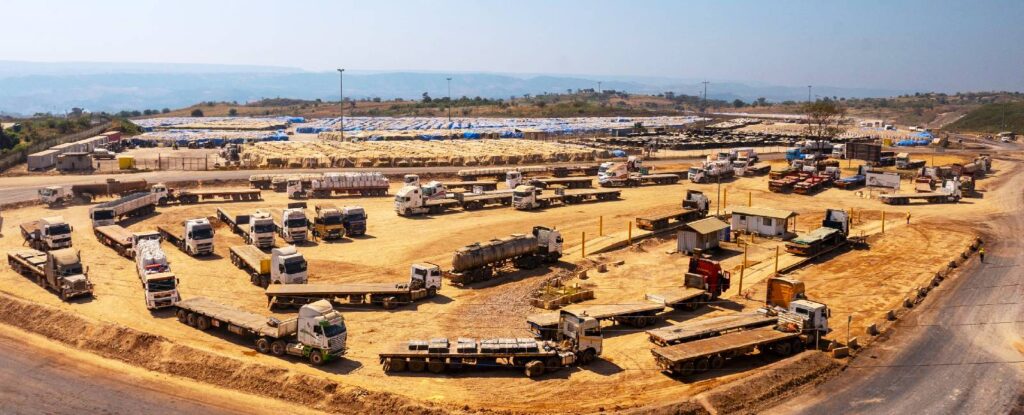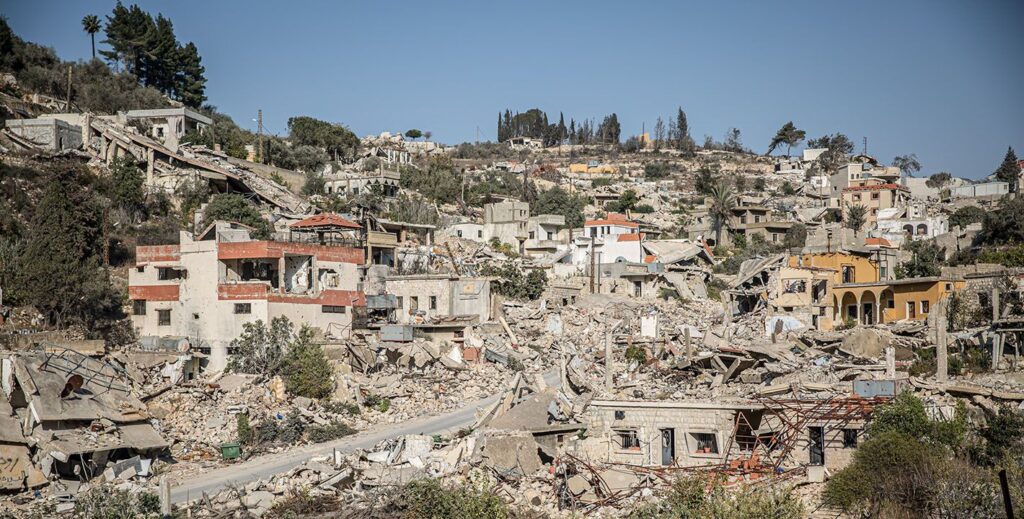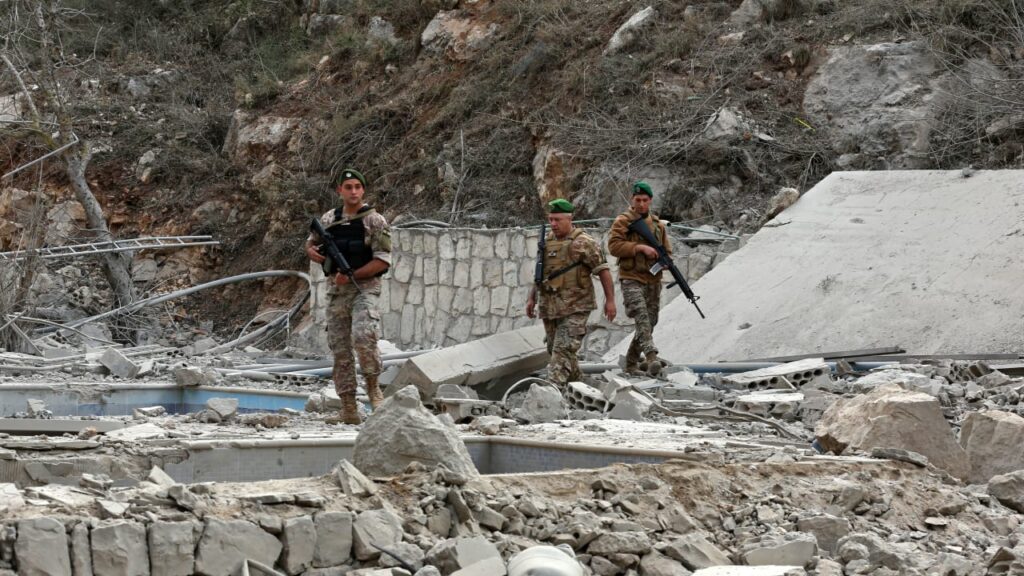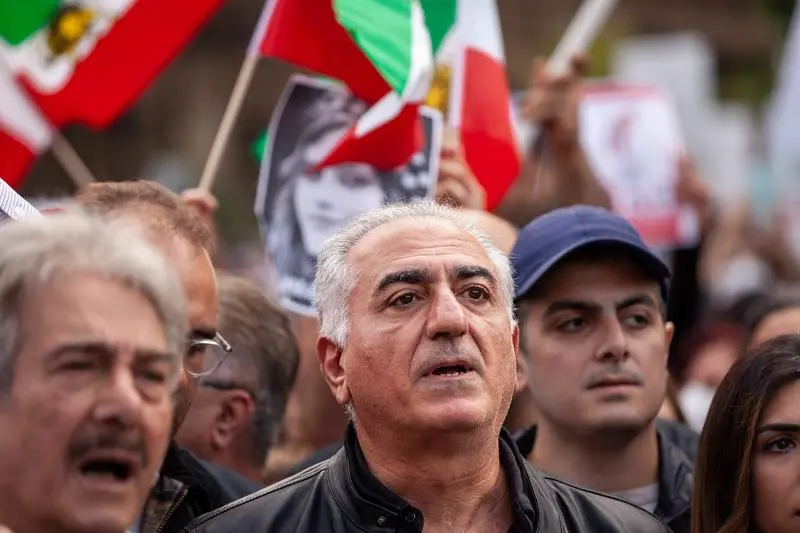La stratégie chinoise en matière de minéraux critiques en Afrique

La Chine a acquis une position dominante dans le secteur des minéraux critiques en Afrique grâce à des investissements à long terme dans les capacités d’extraction et de raffinage, ce qui rend difficile pour les pays africains de progresser dans la chaîne de valeur.







